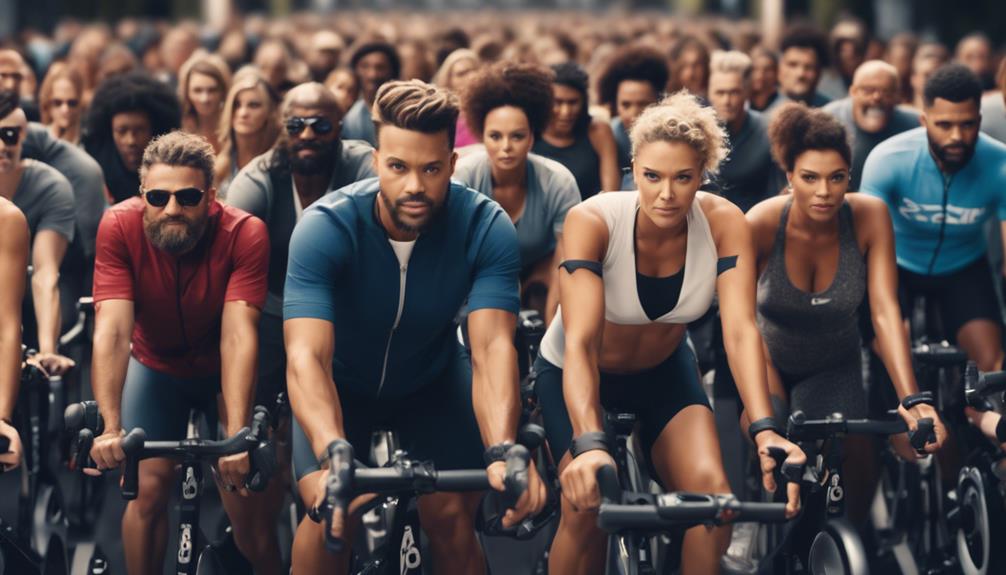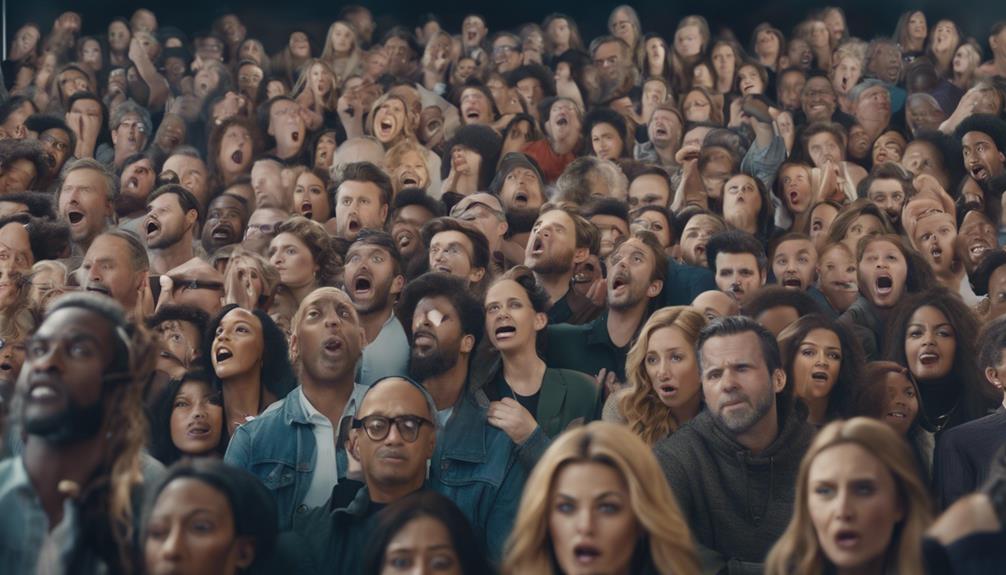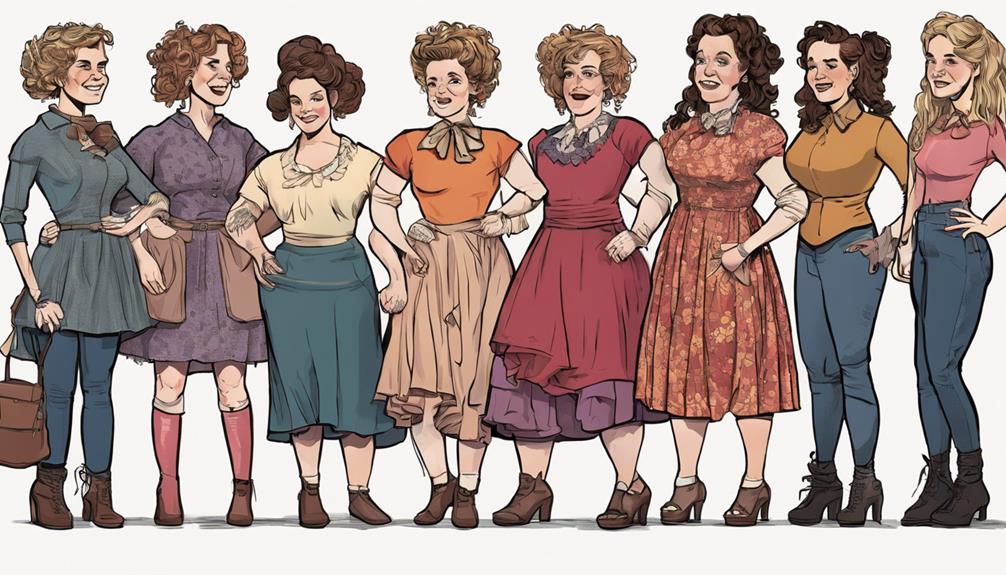Upon revealing celebrities in the Peloton ad, public outcry ensued due to controversial impacts on brand image and societal norms. Monica Ruiz and Chris Noth’s roles sparked debates on gender dynamics and celebrity influence. Social media platforms like Twitter and Instagram magnified negative reactions, intensifying heated discussions and shaping public perception. The backlash led to a reassessment of Peloton’s marketing strategies, compelling consumers to ponder the brand’s grasp of societal dynamics. The storm surrounding the ad exposes a deeper exploration into the influence of social media, celebrity endorsements, and public outcry on advertising perceptions and brand reputations.
Key Takeaways
- Monica Ruiz and Chris Noth’s roles in the Peloton ad sparked public outrage and controversy.
- Social media platforms amplified negative reactions and fueled heated discussions.
- Public perception of Peloton and the actors involved was significantly impacted.
- Celebrities’ involvement raised concerns about typecasting and negative associations.
- The ad’s release led to a reevaluation of Peloton’s marketing strategies and brand image.
Celebrities’ Impact on Ad Perception
Celebrities like Monica Ruiz and Chris Noth greatly influenced the public’s perception of the Peloton ad through their roles and presence in the controversial commercial. Ruiz’s portrayal sparked discussions on gender dynamics and societal expectations, while Noth’s involvement added intrigue and celebrity appeal.
Both actors faced concerns about typecasting and negative associations due to their roles in the ad. The impact extended beyond just the commercial, affecting actors like Sean Hunter and their careers.
The public’s reaction to Ruiz and Noth highlighted the power of celebrity influence in shaping the narrative surrounding the Peloton ad, demonstrating how their roles played a significant role in the overall controversy.
Social Media Backlash and Controversy

How did social media contribute to the backlash and controversy surrounding the Peloton ad featuring Monica Ruiz and Chris Noth?
Social media played a pivotal role in amplifying the negative reactions to the ad. Users took to platforms like Twitter and Instagram to express discontent with the ad’s portrayal of gender dynamics and the perceived implications of the husband’s gift.
The widespread sharing of critiques and memes quickly fueled a heated debate online, leading to the ad gaining significant attention for all the wrong reasons.
Social media’s ability to rapidly disseminate opinions and spark discussions on societal norms and advertising strategies intensified the backlash, ultimately shaping the public perception of the ad and the actors involved.
Brand Image and Public Perception

Social media backlash and controversy surrounding the Peloton ad featuring Monica Ruiz and Chris Noth greatly influenced the brand’s image and public perception. The negative feedback highlighted flaws in the ad’s messaging, sparking a reevaluation of Peloton’s marketing strategies.
The public outcry led to a shift in how consumers viewed the brand, with many questioning its understanding of societal dynamics. Peloton’s association with the controversial ad impacted its reputation, emphasizing the importance of aligning marketing efforts with public sentiment.
The ad’s reception demonstrated the significant role of brand image in consumer perception and the potential repercussions of misjudged advertising campaigns. Moving forward, Peloton faces the challenge of rebuilding trust and reshaping its public image amidst the aftermath of the ad controversy.
Conclusion
As the dust settles on the Peloton ad controversy, the celebrities’ involvement surely added a touch of unexpected flair to the narrative.
Despite the storm of criticism, the brand navigated through choppy waters and emerged with valuable lessons in tow.
The public outcry may have been intense, but it served as a catalyst for deeper conversations and reflections on societal norms.
In the end, the ad’s impact transcended mere marketing, leaving a lasting impression on all who witnessed the unfolding drama.









